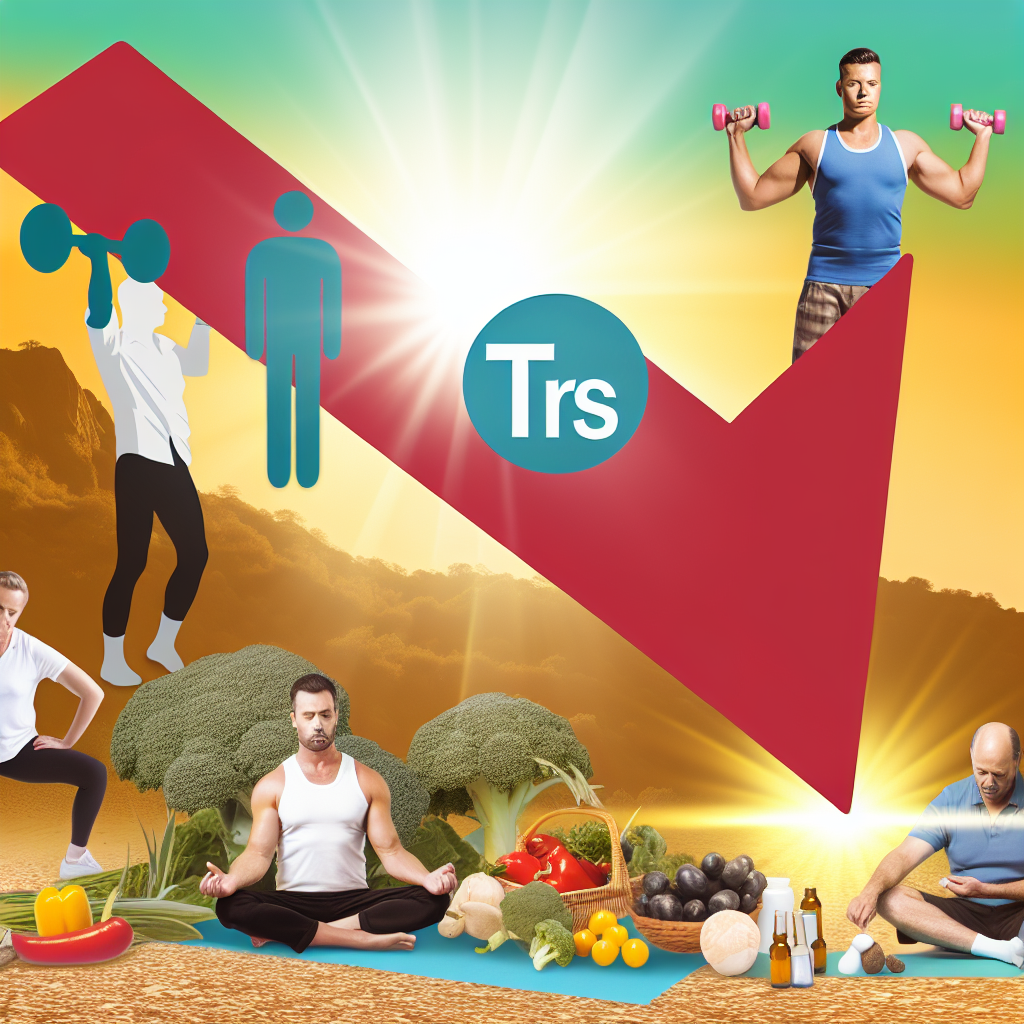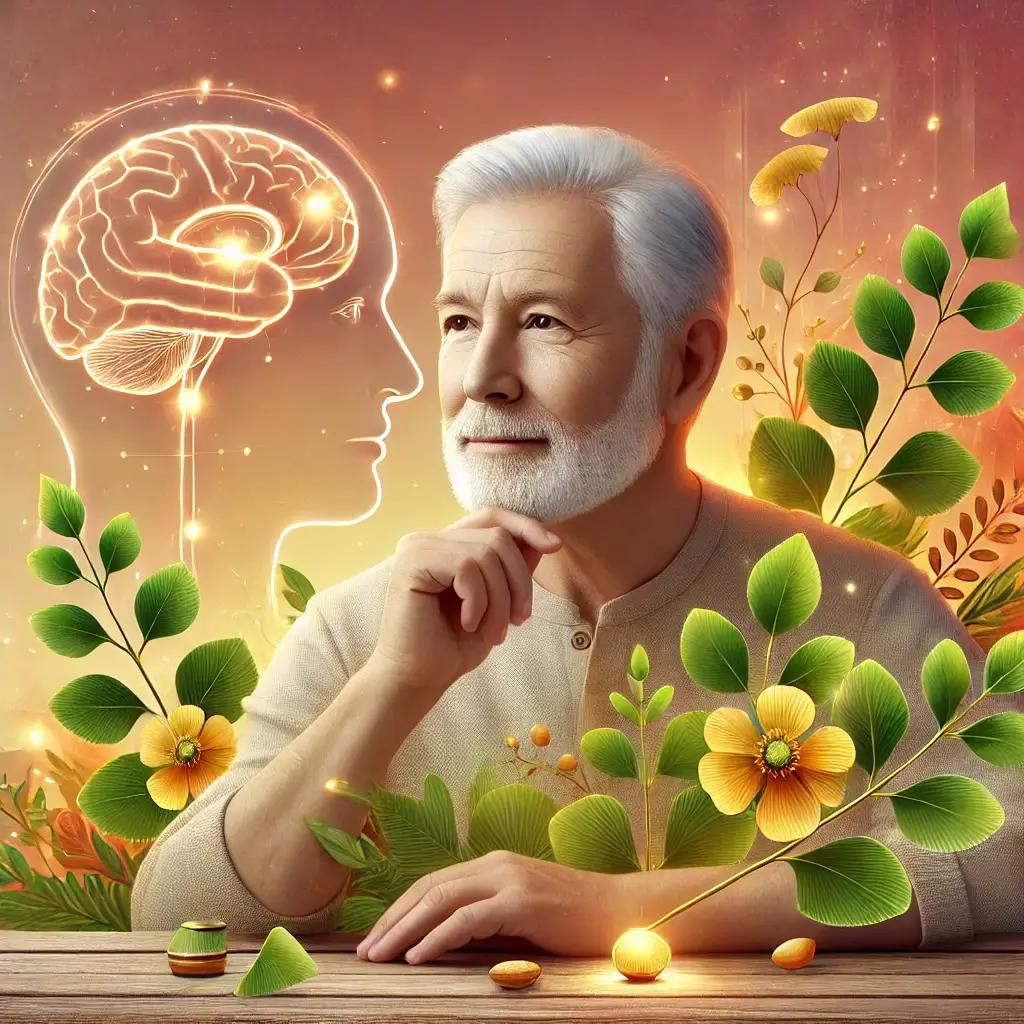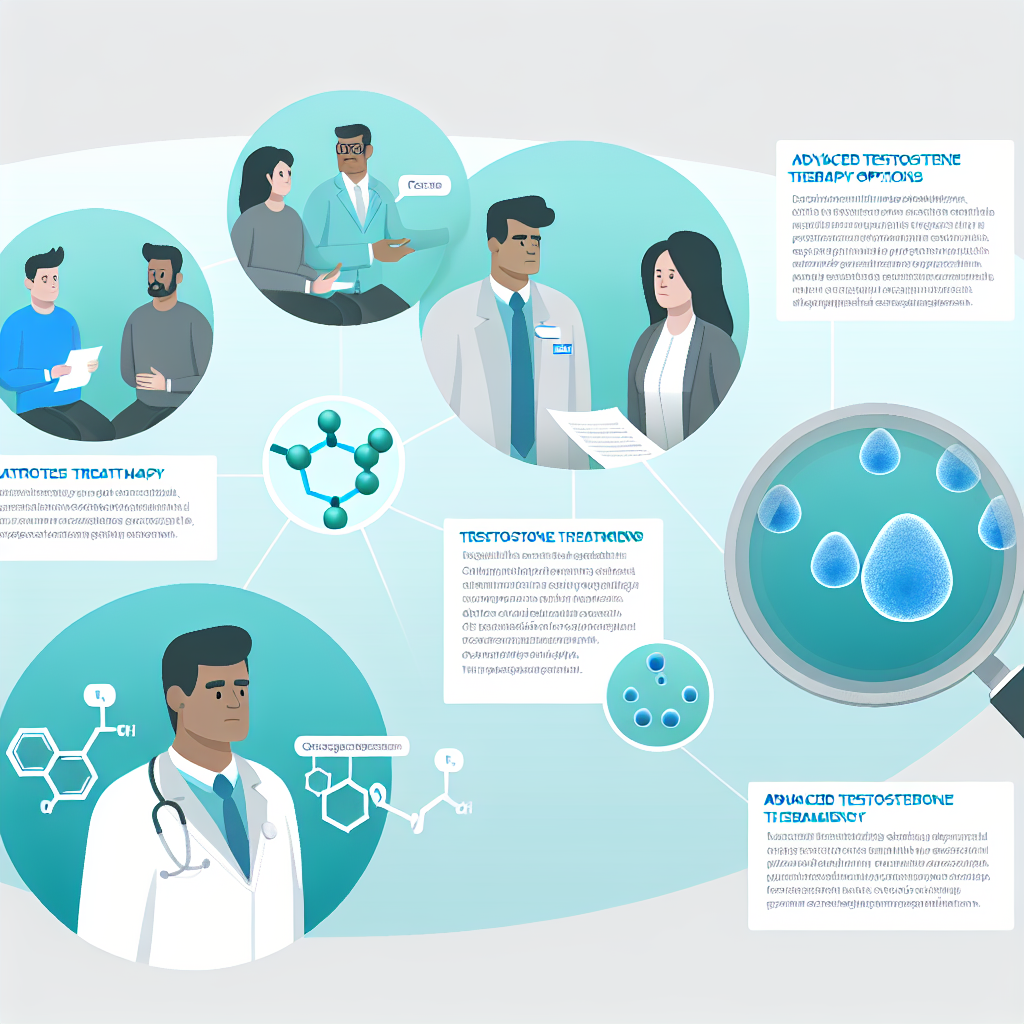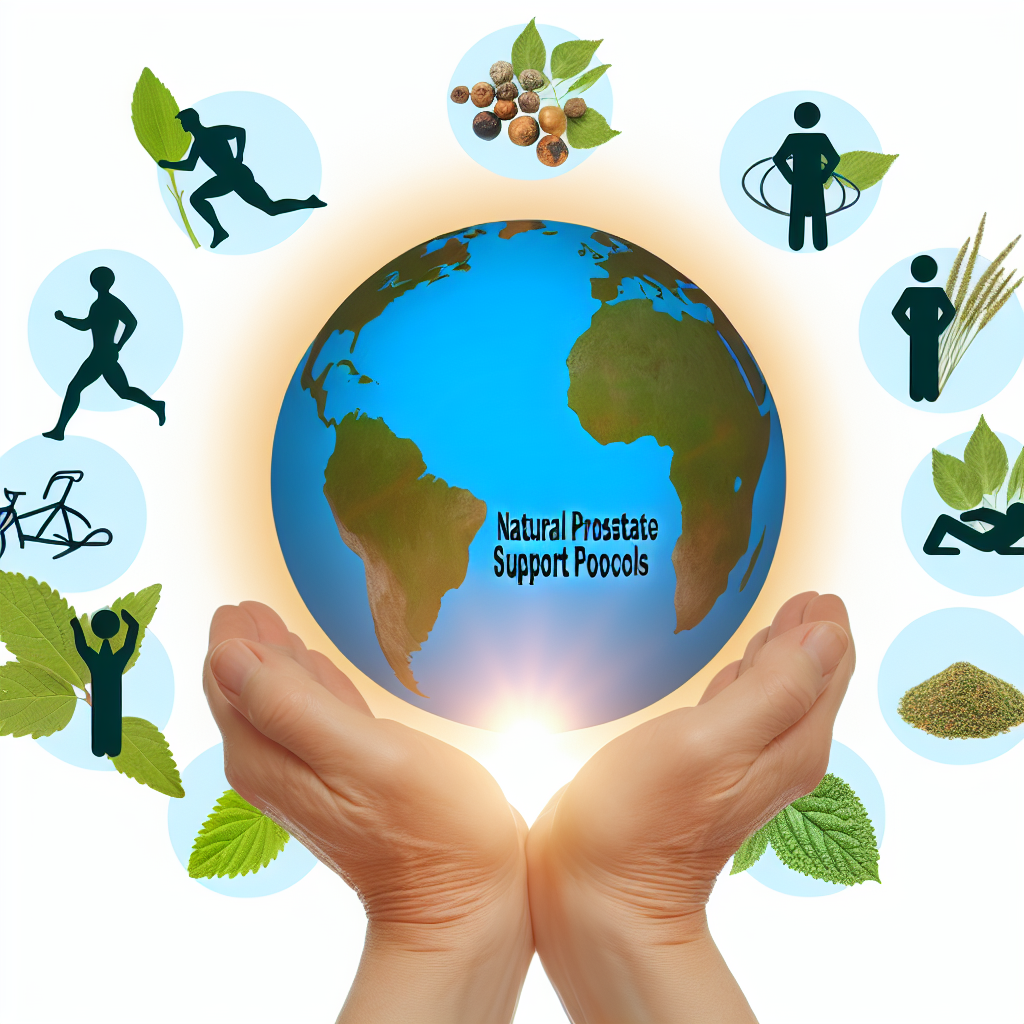Low-Testosterone Symptoms and Natural Management
Introduction
Testosterone—a hormone often synonymous with masculinity—plays a far more comprehensive role in men’s health than simply contributing to muscle mass, libido, and facial hair. Produced primarily in the testicles, testosterone influences nearly every system in the male body, affecting everything from bone strength and red blood cell production to mood regulation and cognition.
As men age or experience certain lifestyle factors, environmental exposures, or medical conditions, testosterone levels can decline below optimal levels, leading to what’s now widely known as Low T. Though it’s more commonly associated with aging, low testosterone in young men and teens is becoming increasingly prevalent. Factors such as obesity, nutrient-poor diets, sedentary lifestyles, chronic stress, poor sleep quality, and exposure to environmental toxins like BPA can all diminish testosterone production. Medical interventions like chemotherapy also contribute to hormonal disruption.
Symptoms of low testosterone are subtle and can resemble other conditions, making early detection difficult. Hallmark symptoms include persistent fatigue, depression, brain fog, low sex drive, belly fat accumulation, loss of muscle mass, poor motivation, trouble sleeping, and even bone thinning. Ignoring these symptoms may worsen long-term physical and mental health.
Fortunately, many men are turning to natural testosterone boosters to restore balance. Natural strategies are not only accessible and sustainable but also work synergistically with the body’s systems. These methods include nutrient-rich diets, resistance training, quality sleep, and stress reduction through mind-body practices.
By recognizing symptoms early and implementing natural, evidence-backed strategies, men of all ages can reclaim their energy, mood, physical strength, and vitality. Whether you’re a teen, a new dad, or a retiree, optimizing your testosterone naturally enables you to feel better, perform better, and age with strength and confidence.
The Science Behind Low Testosterone
Clinically, low testosterone—referred to as hypogonadism—is diagnosed when testosterone levels fall below 300 ng/dL. According to the American Urological Association (AUA), even men slightly above this level may experience physiological and psychological symptoms commonly associated with low T, which underscores the importance of evaluating both lab values and symptom presentation.
Scientific literature highlights that low testosterone is interconnected with serious metabolic and cardiovascular risks. A 2018 study in the Journal of Clinical Endocrinology and Metabolism identified associations between low testosterone and higher incidence rates of type 2 diabetes, metabolic syndrome, and cardiovascular disease. This hormonal deficiency alters body composition, making it harder to maintain lean muscle and easier to accumulate visceral fat, especially around the midsection.
From a mental health standpoint, decreased testosterone correlates with depression, irritability, and even cognitive decline. A review in The Aging Male journal showed that testosterone therapy significantly improved mood, mental clarity, and quality of life in men over 60 diagnosed with low T.
The science also supports natural enhancements to testosterone production:
– Exercise: A 2012 study in the European Journal of Applied Physiology found that resistance training and high-intensity interval training (HIIT) significantly raised testosterone in both young and older men.
– Diet: Testosterone synthesis depends on micronutrients. Zinc, found in red meat, pumpkin seeds, and oysters, directly supports hormone production. Vitamin D—often low in modern adults—also plays a key role. Saturated fats from sources like eggs, avocado, and coconut oil aid in cholesterol-based hormone synthesis.
– Sleep: As observed in a University of Chicago study, even one week of sleep deprivation (less than five hours per night) led to a 10–15% drop in testosterone among healthy young adults.
– Stress Management: Cortisol competes with testosterone in the body. Daily mindfulness, yoga, or even deep-breathing practices can reduce cortisol, thereby supporting testosterone production.
This growing breadth of scientific data emphasizes the plausibility and effectiveness of addressing low testosterone naturally. Through actionable, evidence-based lifestyle changes, men can slow, reverse, or prevent this decline in hormonal function — often without resorting to synthetic hormone therapy.
Conclusion
Low testosterone is no longer just an aging man’s issue—it is a health concern now affecting men across every life stage. With symptoms ranging from low libido and fatigue to depression and loss of muscle, identifying low T early can drastically improve a man’s life trajectory.
While Testosterone Replacement Therapy (TRT) can be effective for some, it also comes with potential side effects and lifelong dependency. Fortunately, a wealth of scientific evidence supports natural alternatives. Optimizing diet, incorporating regular exercise (especially resistance training), maintaining a consistent sleep cycle, and managing daily stress are not only beneficial for hormone health but also critical for overall well-being.
Men should be encouraged to discuss hormone health openly and proactively. The earlier these conversations begin—whether with a healthcare provider, coach, or partner—the better the outcomes. Taking natural, preventive measures can slow or even reverse symptoms and empower men to remain energetic, focused, and physically capable at every age.
The message is clear: testosterone decline isn’t inevitable—and it doesn’t have to limit your life. With the right tools, knowledge, and commitment, men can naturally support hormonal health and live more vibrant, fulfilling lives.
Concise Summary
Low testosterone affects men of all ages, causing symptoms like fatigue, low libido, brain fog, and muscle loss. While medical therapy exists, natural strategies offer effective, sustainable results. Science shows lifestyle changes—exercise, a nutrient-rich diet, sleep hygiene, and stress reduction—can naturally boost testosterone. Knowledge and proactive health choices empower men to restore hormone balance, improving overall vitality and well-being.
References
– AUA Guidelines on Male Hypogonadism
– Low testosterone and metabolic syndrome – Journal of Clinical Endocrinology
– Testosterone therapy in older men – The Aging Male
– Exercise boosts testosterone – European Journal of Applied Physiology
– Sleep loss reduces testosterone in men – University of Chicago Study

Dominic E. is a passionate filmmaker navigating the exciting intersection of art and science. By day, he delves into the complexities of the human body as a full-time medical writer, meticulously translating intricate medical concepts into accessible and engaging narratives. By night, he explores the boundless realm of cinematic storytelling, crafting narratives that evoke emotion and challenge perspectives. Film Student and Full-time Medical Writer for ContentVendor.com




